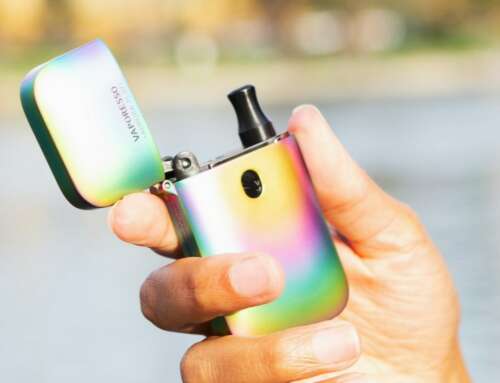The dangers of drinking alcohol during pregnancy are highlighted by International FASD Awareness day (September 9th). Foetal Alcohol Spectrum Disorder (FASD) is a term that describes a range of disabilities, birth defects and brain damage that may be caused by prenatal exposure to alcohol.
It has been estimated that the prevalence of FASD in Australia is 0.06 per 1,000 live births, and even higher in Indigenous populations at 8.11 per 1,000 live births.*
Furthermore, once a woman bears a child with FASD, the chances of subsequent children having symptoms of FAS are as much as 405 times higher than the general population (Health Dept of WA 1998).
The booklet Alcohol, other drugs and pregnancy By the Australian Drug Foundation aims to answer some questions about the effects of drug and alcohol use before and during pregnancy. It also covers a variety of legal and illegal drugs, prescribed and over-the-counter medicines. Also discussed are concerns about withdrawal and drug use during breastfeeding.
Why avoid alcohol during pregnancy?
Alcohol passes from the mother’s bloodstream into the foetus via the placenta, raising the blood alcohol concentration (BAC) of the foetus. This may lead to miscarriage, premature birth or still birth in a pregnancy as well as small babies who are more prone to illness, slow growth and developmental problems.
Alcohol can interfere with the oxygen and nourishment that pass through the placenta into the foetus. This can affect normal growth and cell development in the foetus, leading to birth defects and brain damage.
Physical signs of FASD include:
- low birth weight and reduced body size
- a distinct pattern of facial features that include a low nasal bridge and short nose, small eyes or thin lips
- poor eyesight, hearing or speech, and
- organ defects, particularly the heart and kidney.
It is important to note that there may be no physical signs, but psychological or behavioural effects may appear later on.
Psychological and behavioural effects include:
- learning difficulties such as deficits in attention and memory
- delayed development
- impulsiveness
- social anxiety
- hyperactivity, and
- other behavioural problems.
A doctor or health professional should be consulted if there are concerns that a baby has been affected by its mother drinking alcohol during pregnancy.
Key advice
It is difficult to identify the exact levels of drinking which may cause harm to the child, and for this reason, the World Health Organisation suggests that there is no safe level at which alcohol can be drunk during pregnancy, and that the safest approach for pregnant women is not to drink any alcohol at all.
It is also recommended that women wanting to become pregnant limit their alcohol consumption to infrequent, small amounts. If a pregnant woman chooses to drink, however, then according to Australian guidelines she should have no more than two standard drinks (spread over at least two hours) on any one day, and have less than seven standard drinks over a week.
For more information visit the FASD website or go to DrugInfo Clearinghouse 2009 Pregnancy and alcohol fact sheet, Melbourne: Australian Drug Foundation.
*Elliott E, Payne J, Morris A, Haan E & Bower C 2008 “Fetal Alcohol Syndrome: a prospective national surveillance study”, Archives of Disease in Childhood, 93, pp. 732–37.
Writer Helen Splarn. Editor Dr Ramesh Manocha.
Source: FASD







Leave A Comment